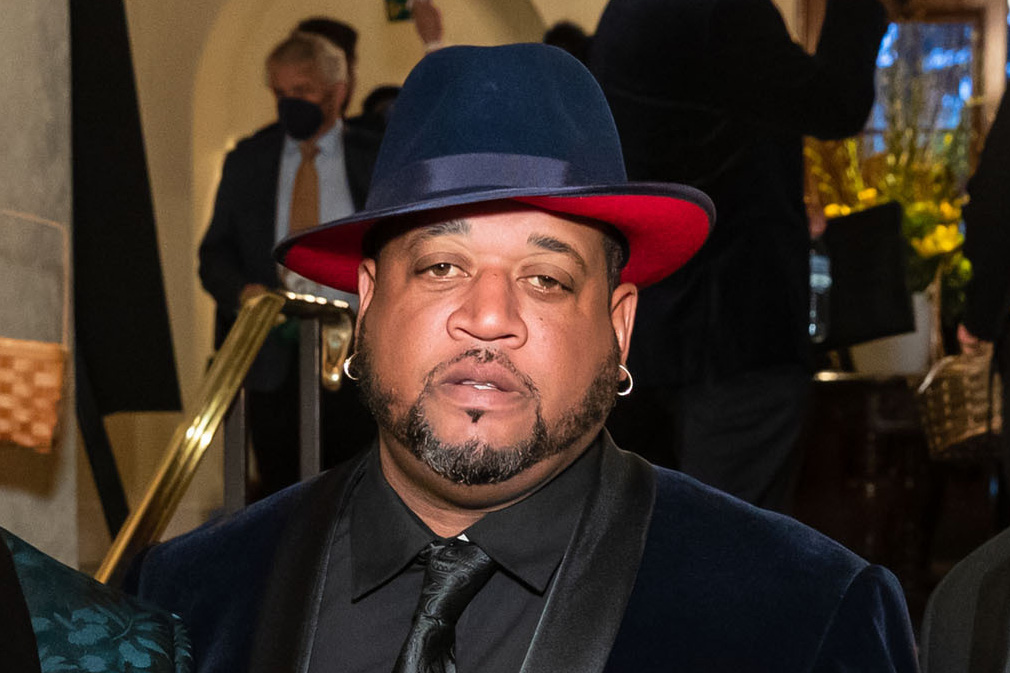The head of a troubled San Francisco nonprofit has been barred from doing business with the city for five years, but a woman who was allegedly part of the scheme to defraud the city avoided such sanctions, according to a Tuesday ruling.
LeAndrew Jenkins, head of the Visitacion Valley nonprofit J&J Community Resource Center, was prohibited from doing business with the city after an administrative hearing was held to review allegations of fraud related to false and fake invoices that his erstwhile girlfriend, former city commissioner, and alleged conspirator Susan Murphy, had approved in her role at Faces SF. Murphy was found not to have acted willfully and remains legally allowed to transact with the city.
“The city should not be doing business with those who scheme to defraud taxpayers and take resources away from vulnerable communities for their own enrichment. We are pleased the Hearing Officer agreed that Drew Jenkins and his non-profit should be barred from contracting with the City,” city Attorney David Chiu said.
The pair’s dealings are the latest instances of corruption exposed in San Francisco’s laxly regulated, byzantine world of nonprofits, many of which receive millions of dollars a year in city grants.
The allegations against Jenkins and Murphy came to light in February, after a city investigation claimed Jenkins had made false invoices to spend grant funds on cigars, liquor, motorcycle rentals in Tahoe and late night pizza deliveries. Murphy, according to the investigation, approved some of those false claims through her work at a larger nonprofit that Jenkins’ subcontracted with.
“This is a case about the breach of the public trust,” Deputy City Attorney Hunter Sims said in his closing argument at Monday’s hearing. “We will not be paying for Tahoe trips. We will not be paying for booze. We will not be paying for cigars.”
Monday’s hearing was the first time that Jenkins and Murphy publicly defended themselves, revealing in the process their close financial and personal ties. Both also revealed they were subjects of separate internal investigations at their workplaces.
“We will not be paying for Tahoe trips. We will not be paying for booze. We will not be paying for cigars.”
Deputy City Attorney Hunter Sims
Jenkins’ attorney said that his client had mistakenly invoiced for the liquor and cigars, billing the personal purchases as grant related. The rest of Jenkins’ alleged fraud, his attorney said, amounted to honest mistakes by an inexperienced nonprofit head on behalf of an underserved community few are willing to help.
“J&J’s paperwork is not great, I don’t think anyone disputes that,” Jenkins’ attorney Lauren Kramer Sujeeth said, adding that sloppy paperwork does not prove intent to defraud the city.
Murphy, formerly a member of the Southeast Community Facility Commission, distanced herself from the nonprofit, denying many of the allegations against her. She claimed she was never on the board of Jenkins’ nonprofit, despite paperwork to the contrary, and denied colluding with Jenkins on the improper invoices. Murphy acknowledged she and Jenkins had a close relationship and that there was a conflict of interest at work.
Murphy said she and Jenkins have known each other for years and dated for a time, but ended their romantic connection about five years ago. They remain close; when Jenkins’ mother died in 2021, Murphy penned her obituary and helped pay for the funeral service, according to court documents.
The City Attorney’s Office presented documents including receipts, emails and invoices, alongside testimony supporting their allegations that the pair colluded to create fake invoices, double bill the city, and falsify records.
The city alleged that Murphy, while at her day job with Faces SF, a large nonprofit that subcontracted with Jenkins, approved many of his fake or false invoices. In one case, she approved an invoice for services she herself had provided Jenkins.
Their relationship was uncovered last year in an internal investigation by Faces, which found that Murphy had been spending hours each week doing work for Jenkins’ nonprofit and using Faces equipment to do it.
“They found you were acting with a conflict of interest with respect to your work with J&J,” Sims said about the confidential investigation’s findings.
Faces SF did not respond to a request for comment. Murphy said she was offered her job back, but instead decided to contract with Faces SF. After the city’s investigative findings were announced in February, Murphy said Faces SF cut off ties with her.
Sims, the Deputy City Attorney, also asked Murphy if she was aware of an internal investigation into Jenkins’s work for Mercy Housing, which runs the Visitacion Valley community center where he worked, and which was also the fiscal sponsor for many of his grants.
Jenkins’s attorney claimed the investigation was unrelated to the hearing and that Sims’s mention of it was an attempt to drag her client’s name “through the mud.”
The hearing also shed light on new details of Jenkins’ wrongdoing.
In one instance, Mercy Housing contacted the City Attorney about a youth travel grant awarded to Jenkins, which he instead used for a staff retreat to Tahoe.
On two occasions Jenkins wrote invoices for single pizzas that were delivered to his home, one after midnight. Jenkins’ attorney said there was no pro0f the pizza was bought for Jenkins’ personal consumption.
When it came to other questionable purchases, Jenkins’ attorney said her client had made a mistake by billing the city for other expenses on a trip. “This was a personal receipt that was an accident…and we own it,” said Jenkins’ attorney about the invoices for cigars and liquor.
